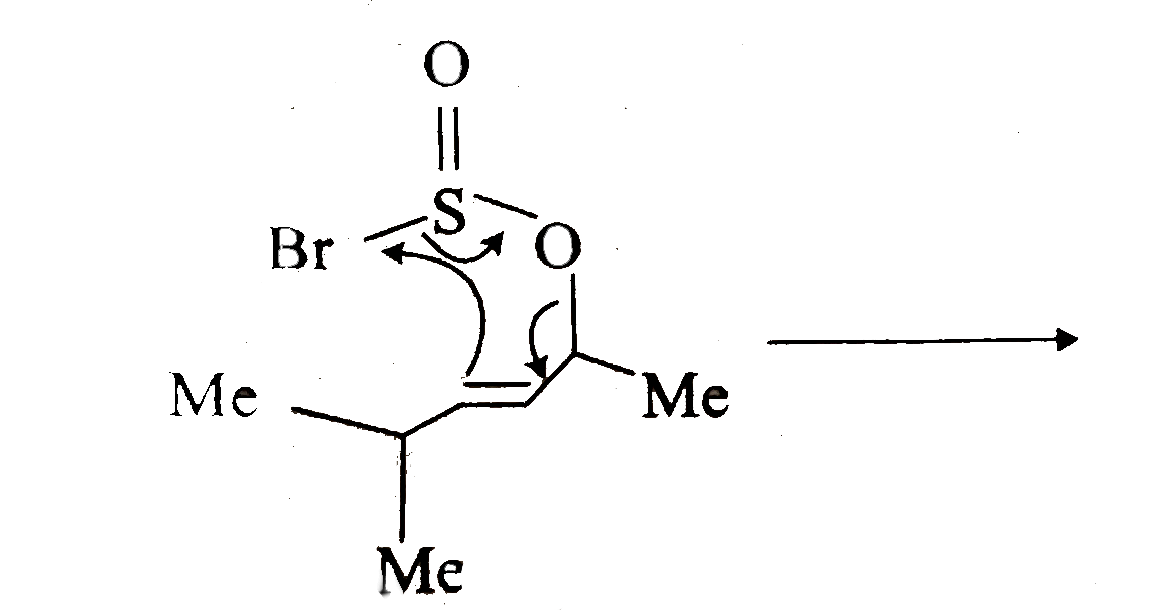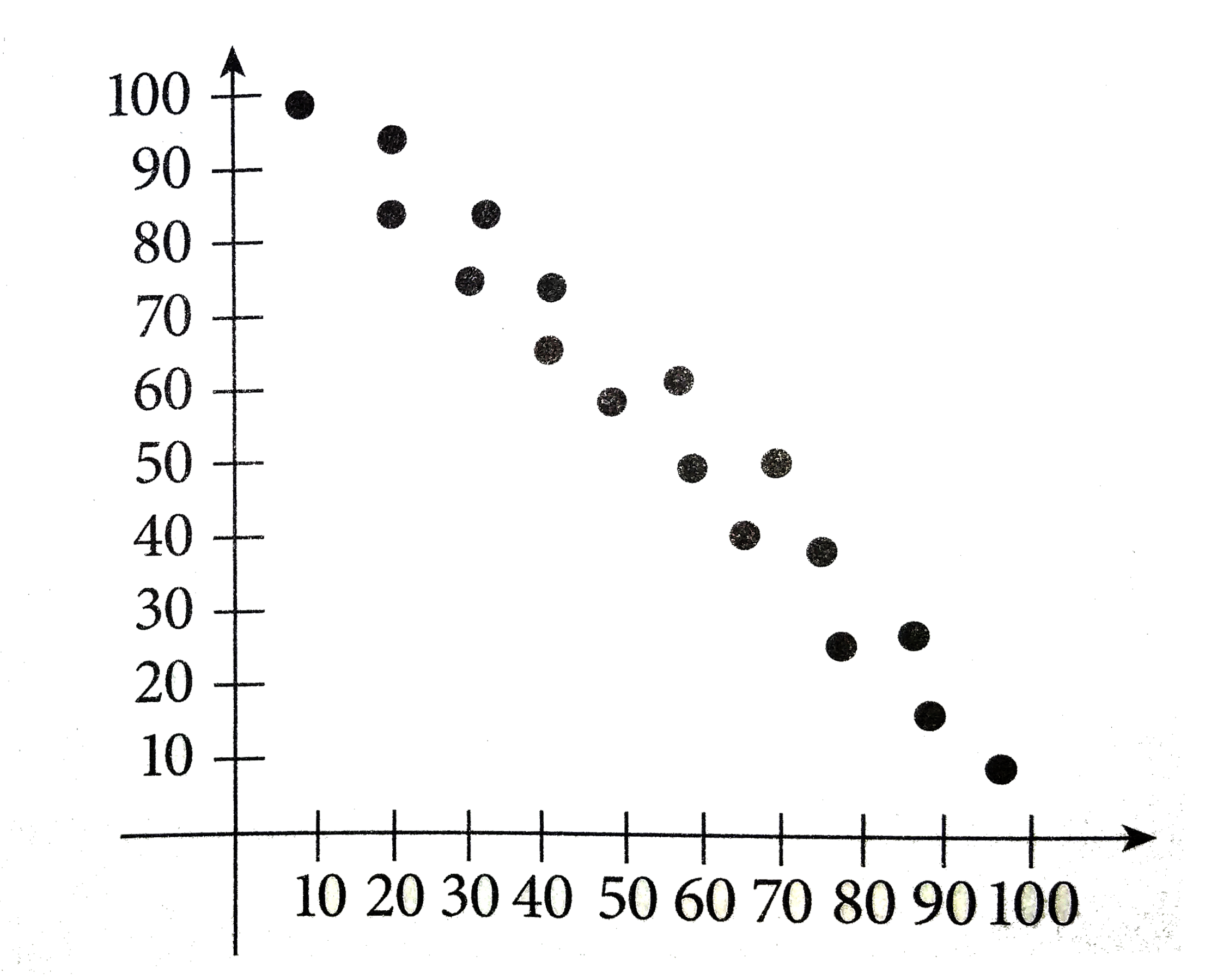Which of these types of cells is most likely to divide ?
Meristem
Parenchyma
Xylem
Epidermis
The correct Answer is:A
To determine which type of cell is most likely to divide, we will analyze the four options provided: meristem, parenchyma, xylem, and epidermis.
1. Understanding Meristem Cells:
- Meristem cells are specialized cells found in plants that are capable of continuous division.
- They are responsible for the growth of the plant and can be found in areas such as the tips of roots and shoots.
- These cells have a primary cell wall made of cellulose, dense cytoplasm, and a prominent nucleus.
2. Analyzing Parenchyma Cells:
- Parenchyma cells are considered permanent cells.
- They are involved in functions such as storage, photosynthesis, and tissue repair but do not have the ability to divide.
- Therefore, parenchyma cells are not likely to divide.
3. Examining Xylem Cells:
- Xylem cells are also permanent cells that are involved in the transport of water and minerals in plants.
- They are complex cells and do not have the capability to divide once they mature.
- Thus, xylem cells are not likely to divide.
4. Looking at Epidermis Cells:
- Epidermis cells are primarily made up of parenchyma cells, which are permanent and do not divide.
- The epidermis serves as a protective layer for the plant and does not have dividing capabilities.
5. Conclusion:
- After analyzing all four types of cells, it is clear that meristem cells are the only type that continuously divide.
- Therefore, the correct answer to the question is meristem.
Final Answer:
Meristem cells are most likely to divide.
---
- Meristem cells are specialized cells found in plants that are capable of continuous division.
- They are responsible for the growth of the plant and can be found in areas such as the tips of roots and shoots.
- These cells have a primary cell wall made of cellulose, dense cytoplasm, and a prominent nucleus.
- Parenchyma cells are considered permanent cells.
- They are involved in functions such as storage, photosynthesis, and tissue repair but do not have the ability to divide.
- Therefore, parenchyma cells are not likely to divide.
- Xylem cells are also permanent cells that are involved in the transport of water and minerals in plants.
- They are complex cells and do not have the capability to divide once they mature.
- Thus, xylem cells are not likely to divide.
- Epidermis cells are primarily made up of parenchyma cells, which are permanent and do not divide.
- The epidermis serves as a protective layer for the plant and does not have dividing capabilities.
- After analyzing all four types of cells, it is clear that meristem cells are the only type that continuously divide.
- Therefore, the correct answer to the question is meristem.
Meristem cells are most likely to divide.
Topper's Solved these Questions
- BOOK - ICSECHAPTER - ANATOMY OF FLOWERING PLANTS EXERCISE - Test Your Progress (Fill in the blanks with appropriate words)28videos
ANATOMY OF FLOWERING PLANTS
- BOOK - ICSECHAPTER - ANATOMY OF FLOWERING PLANTS EXERCISE - Test Your Progress (State whether the following statements are true or false )7videos
ANATOMY OF FLOWERING PLANTS
- BOOK - ICSECHAPTER - ANATOMY OF FLOWERING PLANTS - PLANT TISSUESEXERCISE - REVIEW QUESTIONS (LONG ANSWER TYPE QUESTIONS)20videos
ANATOMY OF FLOWERING PLANTS - PLANT TISSUES
Similar Questions
Knowledge Check
- Question 1 - Select One
Which of the following is most likely to increase the risk of leg and foot fracture:
AGradual increase in intensity of trainingBWarm up and cool downCStretching the leg muscleDHigh arches and low flexibility of the lower body. - Question 2 - Select One
Which of the following is most likely to undergo a favorable hydride shift ?
A B
B C
C D
D
- Question 3 - Select One
The author is most likely a :
Abusiness magazine editorBmanagement thinkerCbusiness guruDventure capitalist
In a nerve , is sodium pump is blocked , which of the following is most likely to happen ?
View SolutionWhich of the following is most likely to cause an increase in the glomerular filtration rate?
View SolutionWhich of the following is a most likely product from the reaction as shown below ?
 View Solution
View Solution
Which of the following is most likely the slope of the line of best fit for the scatterplot above?View SolutionIn the event of global warming, which one of the following is most likely to occur ?
View Solution

